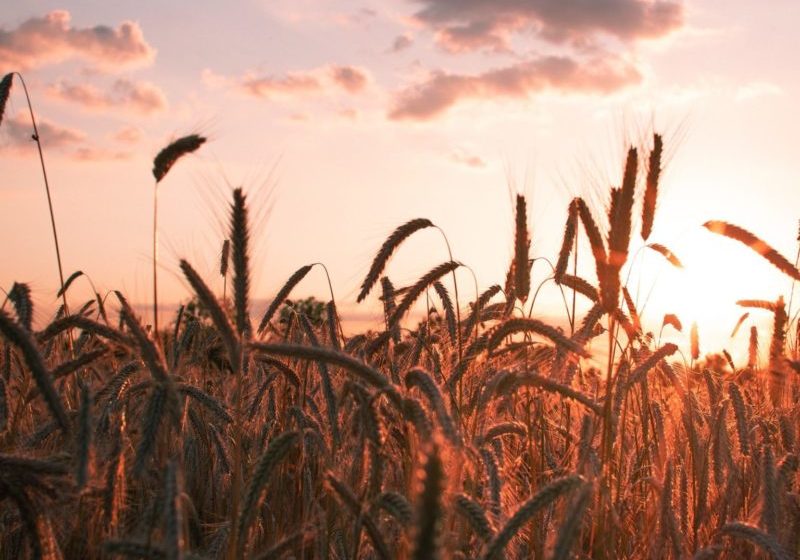Indigo Ag has raised an additional $360 million in Series F financing on top of the $200 million injection it announced in January.
New and existing investors participated in the round including the Alaska Permanent Fund and Indigo’s first investor, Flagship Pioneering.
“We’ve been contemplating the round for a while,” Indigo’s president and CEO David Perry tells AFN. “We launched our carbon business in June 2019 and the receptivity was good, so want to scale that up. We launched the financing in January and then Covid-19 happened. It ended up being a longer process than intended.”
The biotech, digital, and data platform for farmers is on a mission to de-commoditize agriculture. It started with a microbe-based seed treatment in 2016 and has since evolved into a host of services with the hope of providing a one-stop-shop for growers.
Boston-based Indigo will use the Series F funding to expand its ecosystem of services. Perry describes the offerings as creating a synergistic effect: Indigo Microbials allows farmers to reduce chemical and fertilizer use, which allows them to get paid for sequestering carbon with Indigo Carbon, and paid more for growing crops regeneratively with Indigo Agronomy. Indigo Marketplace enables farmers to sell goods at a better price and Indigo Transport allows them to ship with traceability.
Marketplace growth, global expansion
The first tranche of Series F in January 2020 — which came in the form of debt and convertible equity and included new investors FedEx and Pacific Western Bank — was dedicated largely to scaling up Indigo Marketplace, which has seen 20% to 30% growth month-over-month according to Perry.
“It took us over a year to really get to critical mass so that we had enough buyers and sellers that it was useful and had liquidity,” he says. “Since we have gotten to liquidity, we have seen rapid adoption on both sides of the market.”
Indigo also plans to expand its offerings beyond its home market. To date, it operates in Argentina, Brazil, and Europe, and has a joint venture in India. Rolling out new services will be a careful and methodical process, Perry says.
“One of the reasons most of these services only exist in the US is that we wanted to get to some level of maturity before taking them outside the US,” Perry says.
Five startups in one
Indigo’s recently launched carbon marketplace has drawn a great deal of attention, as a number of players enter the carbon credit space – including federal legislators in the US. Some stakeholders have raised concerns around consistency in carbon accounting while others have questioned whether currently available techniques are good enough to measure sequestration accurately.
“I really think the carbon marketplace is the thing that is going to change agriculture,” Perry says. “It’s not only a new source of revenue for farmers – it’s a new source of money into agriculture because [those] who are going to buy credits, in some cases, will be food companies but in other cases, they will be airlines, tech companies, oil companies, and investment banks.”
He acknowledges, however, that a robust and thriving carbon marketplace won’t happen overnight and that multiple, competing marketplaces will likely exist.
As Indigo has added new irons to the fire and taken on more investors, some have raised an eyebrow, questioning whether one startup can succeed across so many different verticals.
“The hardest thing for us is execution. We have created five lines of business and we think all of them are necessary to really change the way agriculture is done,” Perry says.
“It wasn’t enough to just do a grain marketplace or just transport or just carbon. We had to put them all together. Indigo is five startups in one place. We have to be able to manage all five of those even as we are growing really fast.”





